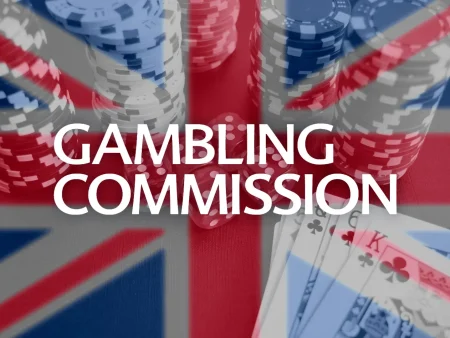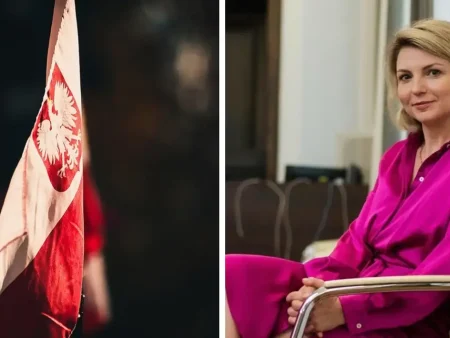Italy has officially approved a new licensing regime, as documented by the Official Journal of the EU. This marks the completion of phase 1 of the comprehensive reforms in the gambling industry.

In November, authorities submitted the regulatory changes to the European Commission (EC). However, experienced approval delays because of revisions presented by the MGA or Malta Gaming Authority on B2B technicalities. The European Commission (EC) approved some changes requested by the Ministry of Finance (MEF) of Italy. The Customs and Monopolies Agency (ADM) also supported the changes.
Significant changes include a €7 million authorization fee per license. MEF and ADM guarantee this fee. Additionally, operators must pay a 3% concessionaire operating fee. Applicants must submit new concession applications by May 30 of the coming year. The review process can take up to nine months.
Applicants must meet strict eligibility requirements to qualify for a license.
This includes the requirement for operators to maintain legal or operational headquarters in the European Economic Area (EEA). They must also hold a valid license and demonstrate a minimum of €3 million in total revenues over the past two financial years.
Next, the system limits concessions to five per applicant. Third, applicants can split licensing payments into two installments. They must pay €4 million upfront once the permit is approved and €3 million when launching commercial operations.
Lastly, operational launch must be within six months of receiving a license.
Next year, Italy plans to advance to Phase 2 of gambling industry reforms. This phase will address long-standing conflicts in the land-based sector. This phase will enforce standard federal regulations nationwide, as long as enhancing the protection of gambling venues.
The second phase will also address the controversial Dignity Decree implemented in 2019. Former Lega-5-Star government passed the mandate, banning all gambling advertising and sponsorship forms. For the changes, industry stakeholders, media outlets, and Serie A clubs have lobbied.


